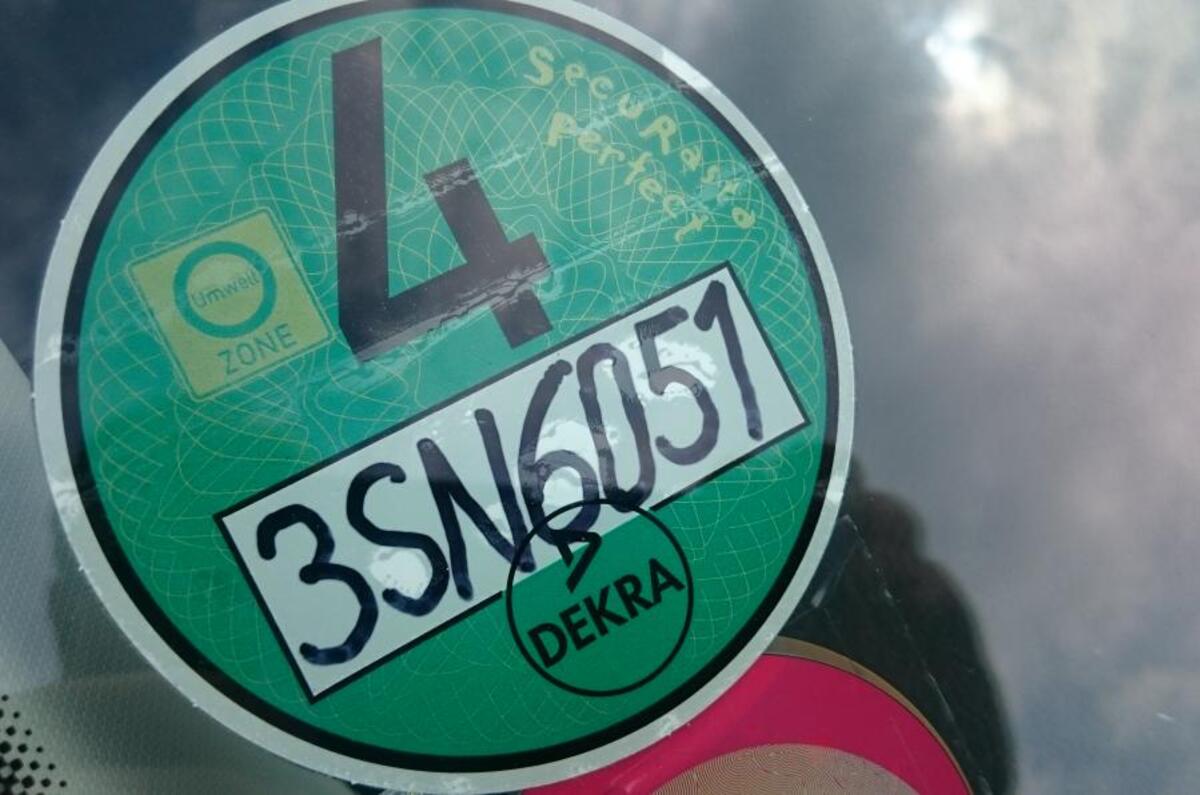A senior government official in Germany has declared all new car registrations must be for emissions-free models from 2030.
Rainer Baake, German Deputy Economy Minister, has said that new cars will have to be emissions-free to enable his country to meet its CO2 reduction target of at least 80% by 2050. “The fact is, there’s been no reduction at all in CO2 emissions by transport since 1990,” explained Baake at a forum hosted by German newspaper Tagesspiegel.
Germany’s uptake of electric vehicles has been slow, with about 25,000 registered on German roads at the moment, alongside 14.5 million diesel vehicles. The ongoing dieselgate scandal has revealed large-scale inconsistencies in emissions test results and real-world emissions, meaning it’s possible that pollution released by diesel models is higher than the latest estimated figures.
In a bid to encourage the development of electric vehicles, the German government is offering subsidies to those buying EVs and hopes to have half a million emissions-free vehicles on its roads by 2020. By 2030, it plans to have 6 million EVs and hybrids registered.
Some of Germany’s biggest car makers are already making movements to meet such a requirement. BMW set the trend with its BMW i3 and i8, and is now developing an all-electric version of the latter, while Mercedes-Benz has announced that a new hydrogen fuel cell car with a 310-mile projected range will enter production next year. Most recently, Volkswagen revealed ambitious plans to sell 3m electric cars by 2025, so it seems the industry is already reacting to potential changes in legislation.
Earlier this year, the Dutch city of Rotterdam banned diesel cars manufactured before 2001 from some of its streets in order to reduce air pollution. France’s capital city, Paris, and the Norwegian government have also expressed intent to ban diesels in the near future.
Lee Stern




Join the debate
Add your comment
Bold target
Market forces, not regulations are the way forward
Radical